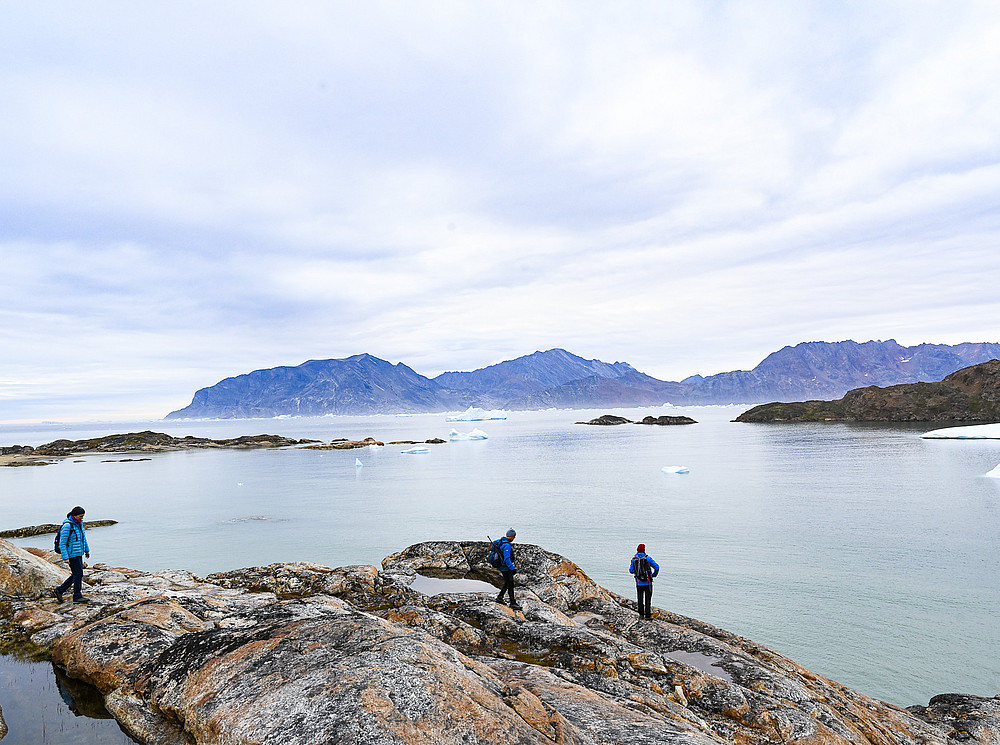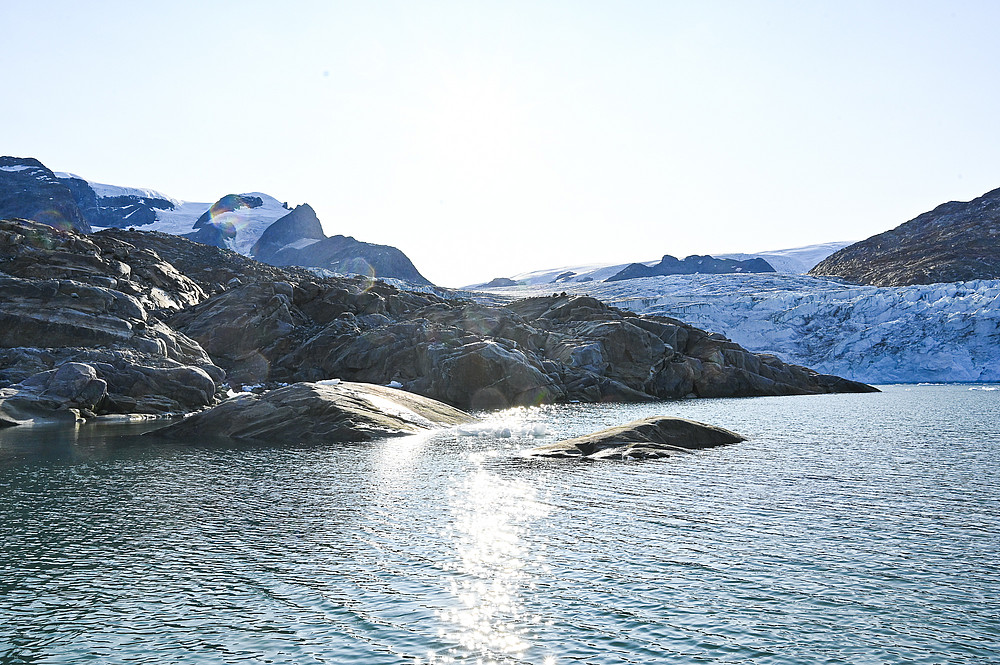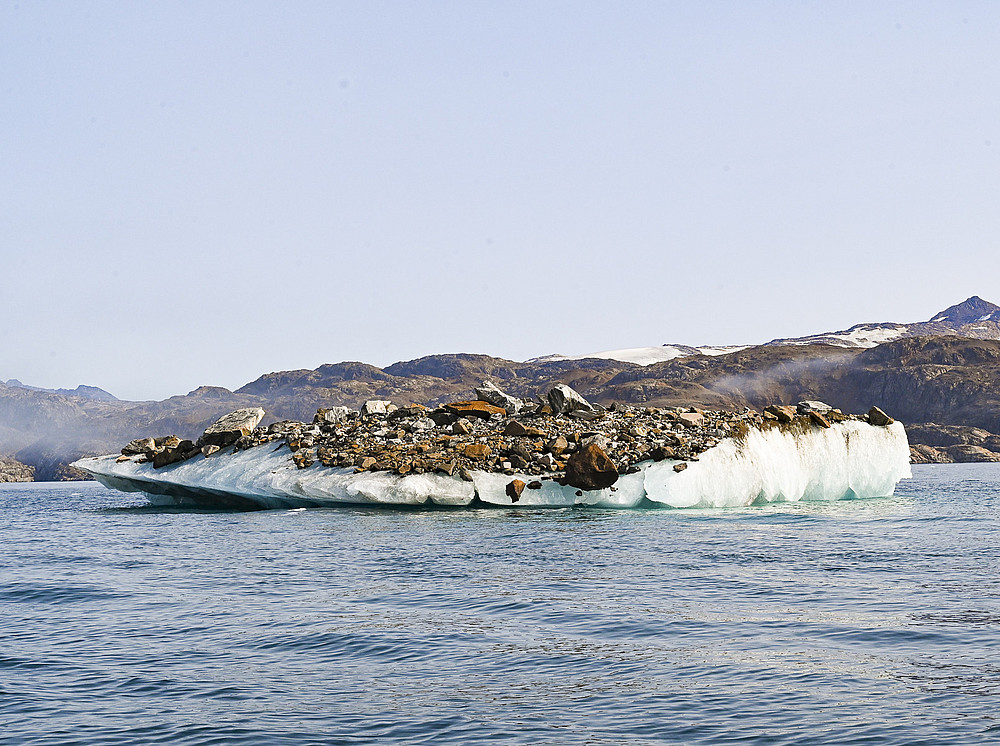Polar research at the University of Graz
The University of Graz has a long tradition in polar research, dating back to the famous polar explorer Alfred Wegener.

Austria and the Arctic
The Arctic and Austria are connected by a long history of research. More than 140 years ago (1882-1883), the famous co-commander of the Austro-Hungarian Polar Expedition to “Franz Josef Land”, Carl Weyprecht, initiated the first "International Polar Year".
The goal: researchers around the globe intensively studied the polar regions during twelve months. It took 50 years before the second Polar Year (1932-33) came about, the third polar year took place within the framework of the "International Geophysical Year" (1957-1958). Then another 50 years passed until the polar regions moved again the focus of science in the fourth Polar Year from 2007 to 2008.
Today, modern technology makes it possible for many disciplines to approach these remote areas with new methods. From social research to climate and cryosphere research to ecology; there are many fields that can be studied in this region.
Research in Greenland
Following the scientific paths of the great researcher Alfred Wegener, scientists in Graz are now investigating how the climate in Greenland is changing and what effect this has on snow and ice. They are focusing less on the large Greenland ice sheet and more on the smaller glaciers and ice caps around the ice sheet, as is the case of the new polar station, on Ammassalik Island in East Greenland.
The Mittivakkat glacier, located near the station, is one of the best studied glaciers in Greenland. Here, the effects of global warming can be excellently studied. This is where the University of Graz's research comes in, making an important contribution to the understanding of climate change in the northern polar regions.
The scientists also investigate topics that are of importance to the local population. For example, the storm phenomenon called "Piteraq" regularly causes destruction in settlements in East Greenland. The University of Graz therefore aims at deeper understanding on how global warming affects this wind system.


The Greeland ice sheet
The Greenland ice sheet has undergone strong variations in climate history. Since the 1990s, Greenland has been losing ice at a rapid pace.
Scientists in Graz are investigating the complex interrelation between global climate change, how it influences regional and local atmospheric processes and their effects on snow and ice. Based on the understanding of processes at individual glaciers or ice caps (the University of Graz is also working on this at several places in Greenland), they attempt to contribute to the upscaling of this data to Greenland as a whole. This can help us to refine our estimates for sea level changes.
Climate change
University of Graz is investigating how climate change affects the island and why this is relevant for the locals. For example, researchers are interested on how the changes in snow affect the lives of Greenlanders and how these changes are perceived. Currently, the Sermilik station is for instance being established as a site of the research network "Greenland Integrated Observing System GIOS", initiated by Aarhus University. GIOS aims to better understand the impact of climate change on environmental changes in Greenland through high quality and long-term monitoring (https://gios.org/).
